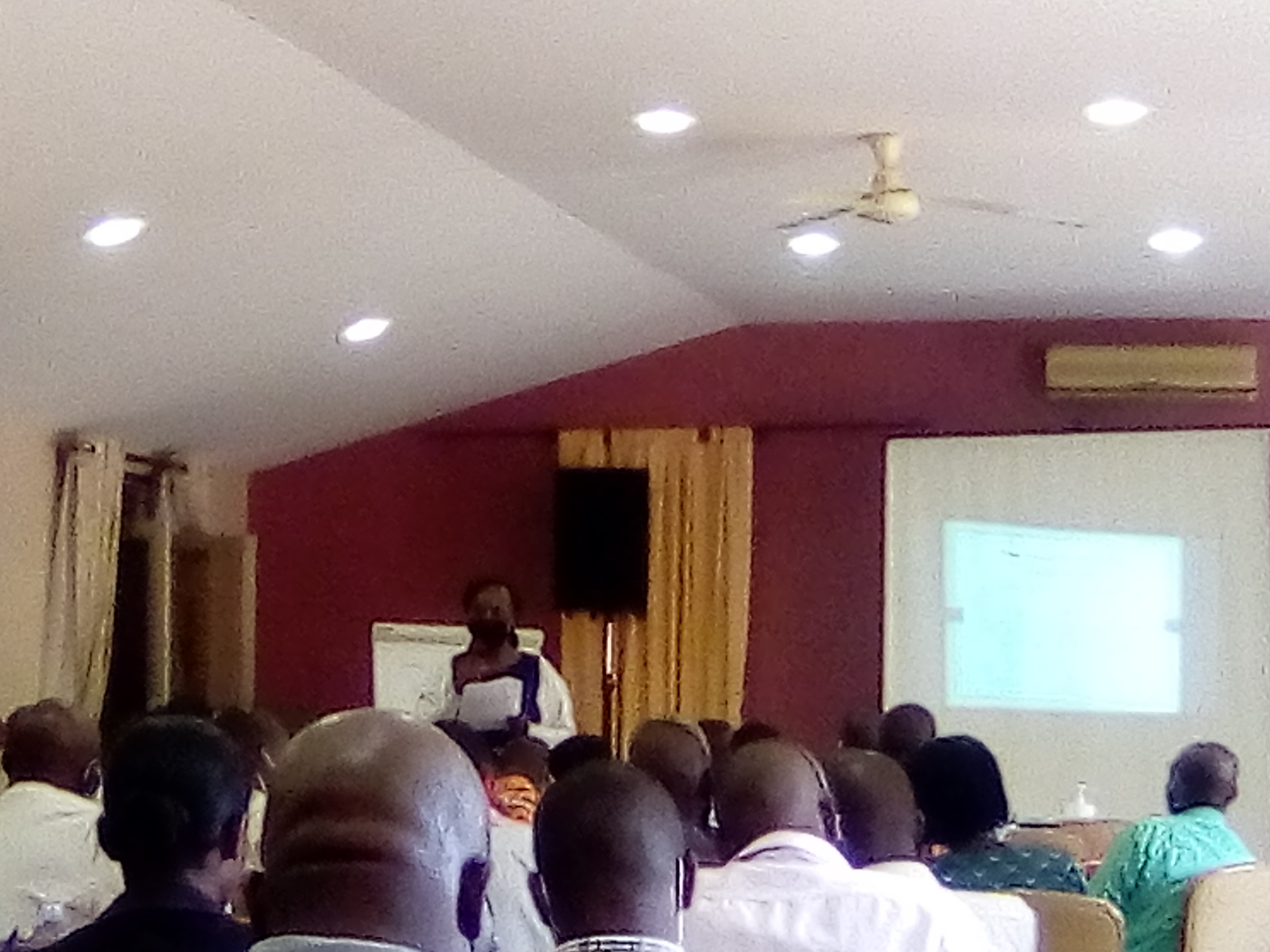SOROTI – At least 85 Fisheries Officers from Lake Kyoga have been trained on e-licensing by Ministry of Agriculture, Animal Industry and Fisheries (MAAIF).
Mildred Nabbika Rhoda, the Principal Fisheries Inspector Licensing during the one-day training conducted at Soroti Hotel said, all people involved in the fish trade such as fishermen, fishmongers, fishing net traders and boat owners among others must be registered and be licensed.
Nabbika advised the fisheries staff to be well acquainted with those trading in fish businesses to reduce irregularities in licensing.
“You should know what fish species fish traders catch and which category they fall in,” Nabbika said.
Nabbika further told the officers that this will help in identifying people who are in the business and what charges to impose on them when they go against the law.
Geoffrey Odongo, one of the fisheries staffs who attended the training said, the knowledge gained will help him execute his work diligently.
He added that a number of fish traders have not yet embraced e-licensing because they consider it expensive and very challenging to officers.
Odongo further said, the fish traders must be sensitized on e-licensing to ensure that they fully embrace it.
To be registered, boat owners and fishmongers will pay Shs100,000 while traders are expected to pay Shs 50,000,
Meanwhile, James Okileng, a fisheries officer attached to Buyende-Bukungu landing site appreciated the e-licensing system saying, it will improve on their service delivery.
He also said, a number of stakeholders were receptive to the initiative.
“A good number of fish traders have come to register for e-licencing but they lacked some requirements,” said Okileng.
Helen Adoa, the State Minister of Fisheries recently said, the move to license fishing activities is in line with Sustainable Development Goal 14 which calls for sustainable use and protection of marines and coastal ecosystems from pollution, as well as addressing the impacts of ocean acidification.
According to United Nations Development Program (UNDP), over three billion people depend on marine and coastal biodiversity for their livelihoods.
But 30% of the world’s fish stocks are overexploited, reaching below the level at which they can produce sustainable yields.
Buy your copy of thecooperator magazine from one of our countrywide vending points or an e-copy on emag.thecooperator.news
